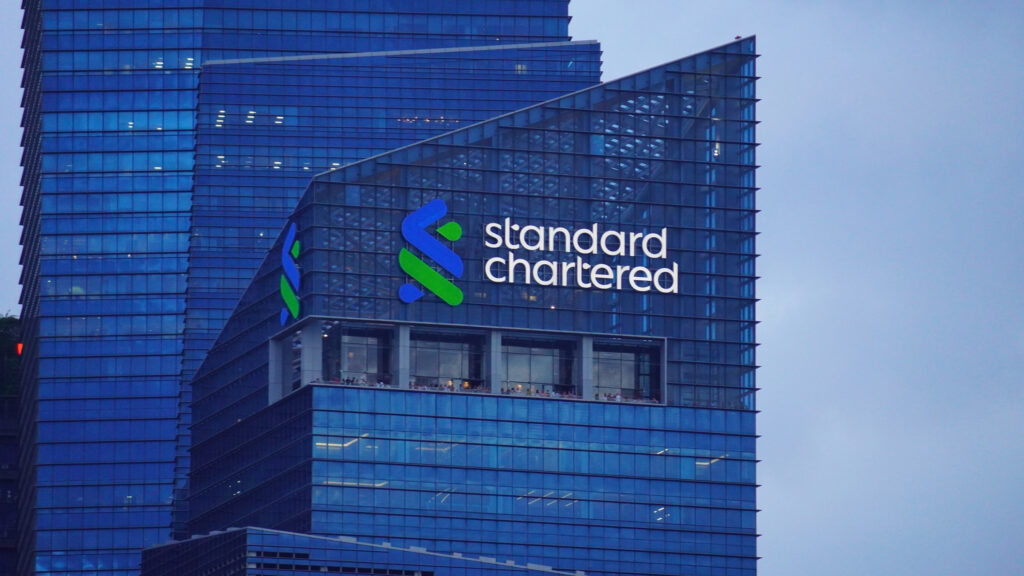Additional banking activities were registered, including Banking Circle’s global headquarters. The number of MiFID licences granted signals a trend of Luxembourg embracing new functions within asset management. Green bond listing volumes reach €216bn, highlighting leadership in sustainable finance. The Grand Duchy has also been selected by more than 60 financial institutions for their Brexit related relocations.
Luxembourg’s two financial services regulators have issued 119 new licences in 2019. The Commission de Surveillance du Secteur Financier (CSSF) issued 111 new operating licences to a variety of global asset managers, private equity firms, banks and payment institutions, with a further 8 licences issued to insurance companies by the sector’s dedicated regulator, the Commissariat aux Assurances (CAA).
In the banking industry, despite undergoing a period of consolidation across Europe, 5 new banks set up activities in Luxembourg: Banking Circle, RBS International, and Northern Trust all received new banking licenses, whereas HSBC and Barclays opened new branches. Amongst them, Banking Circle created their new global headquarters in Luxembourg, allowing their clients to scale projects internationally using Banking Circle’s financial utilities. Northern Trust established its EU bank in the Grand Duchy under the form of a “Societas Europaea”, with branches in the UK, Netherlands and Sweden. Barclays opened a branch in order to provide transaction banking services to its international corporate clients through their new digital platform.
Ongoing Brexit impacts
Since the Brexit referendum in 2016, Luxembourg has seen a spike in interest from firms planning for their future EU and cross-border activities, confirming the Grand Duchy’s status as a leading destination for international finance and as an EU hub. While some 60 financial companies have publicly announced the relocation of activities to Luxembourg due to Brexit, the actual number is over 70, including those that have not yet publicly announced their relocation decision.
A further Brexit outcome has been that Luxembourg Law is increasingly being chosen by international institutions active in financial markets. Most notably, the European Union and the European Atomic Energy Community (EURATOM) have decided to switch the legal framework of their debt issuance programmes from English to Luxembourg Law. The European Stability Mechanism (ESM), one of the largest debt issuers globally, has announced that it will exclusively use Luxembourg Law going forward, and the European Investment Bank (EIB), the world’s largest lender, is moving from English Law to Luxembourg Law for its lending activity.
Commenting on the past year, Nicolas Mackel, CEO of Luxembourg for Finance, the development agency for the financial centre, said: “Luxembourg’s financial industry has continued to grow in 2019 and we are delighted that so many businesses have chosen to base and increase their activities here.
It is clear that the Grand Duchy is a location of choice for a widening range of financial services, as well as an EU hub for firms considering their post-Brexit plans.”
Leading the way in sustainable finance
A standout feature of Luxembourg’s financial industry in 2019 was a surge in sustainable finance activities. Most notably, in June the World Bank chose to list all 174 of its sustainable development bonds in Luxembourg.
A third of all green bond listings worldwide were listed on the Luxembourg Green Exchange (LGX) in 2019, adding €72 billion in new listings. The LGX more than doubled its total green, social, sustainability and ESG securities from 252 to 558, highlighting the Grand Duchy’s position as the world’s premier platform for green bond listings. Other social and sustainability bond listings also witnessed significant growth, increasing from just 40 to 248. LGX now displays over 610 securities worth more than €216 billion.
The number of investment products labelled by the Luxembourg Finance Labelling Agency (LuxFLAG) grew by 78% last year, reaching 183 labelled investment products across 7 jurisdictions, representing €72.5 billion in assets under management. These labelled products are managed out of 14 countries, underpinned by the importance of highlighting a fund’s ESG credentials internationally.
Strengthening the Fintech community
The Grand Duchy has established itself as Europe’s destination of choice for major payments firms. In late 2019, marking an ongoing trend of e-commerce companies moving into the provision of financial services, AirBnB was granted its licence to process all EU payments in Luxembourg. They join other leading international payments institutions operating out of Luxembourg such as PayPal, Amazon Pay, Banking Circle, Rakuten, Satispay, PPRO, Six Payment Services and Alipay. In total, 12 payment and 9 e-money institutions have now chosen Luxembourg as their hub to serve the EU market.
2019 saw the Luxembourg House of Financial Technology (LHoFT) increase the number of Fintechs it hosts, from 44 to 67 businesses, and the fintech platform has grown its total membership to 142 (2018: 100). LHoFT’s members have raised over €214 million in funding since 2017. According to the LHoFT, there are now 214 Fintech firms operating in Luxembourg.
Seeing growth across asset management, alternative investment and insurance
Assets under management (AuM) in Luxembourg domiciled funds now total €4.7 trillion ($5.2 trillion), strengthening Luxembourg’s position as the top fund centre in Europe and second globally to the US. Over 500 fund promoters have set up around 3,800 funds in Luxembourg, which are being sold in 73 jurisdictions around the world, making Luxembourg funds the most widely accepted investment vehicle. 98 of the 100 largest European asset managers have Luxembourg-based funds.
During 2019, Luxembourg saw an influx of alternative investment firms choosing the country as their preferred jurisdiction, with 68 new managers licensed in Luxembourg. As a result, 19 of the 20 leading private equity firms now have operations in Luxembourg, with AuM in domestic private equity funds growing 19% year on year, while the number of funds worth more than €1 billion more than doubled. The private equity market saw further growth with limited partnerships, one of the most popular structures for private equity, steadily increasing from 2,517 at the beginning of the year to 3,357 in November 2019.
Growth in activities
2019 saw a 10% growth in new investment firm licences granted, signalling a trend in the Luxembourg asset and wealth management ecosystem, with an increasing range of activities, including more brokerage, investment advice and private portfolio management. For example, Interactive Brokers, one of the largest brokers in the world, established a new entity in Luxembourg, in order to provide such services to its European clients. Similarly, Swiss Re Capital Markets Europe was established in 2019 by the reinsurer’s commercial risks division, to provide a stable base from where the company can continue to transact sophisticated financial instruments with trading partners in Europe following Brexit.
The insurance sector also continued to expand at a considerable pace. Driven by the ongoing relocations of insurance firms in the context of Brexit, in the first three quarters of 2019 Luxembourg’s non-life insurance sector experienced a growth in premiums of over 200%, and overall insurance sector growth of around 50%.










